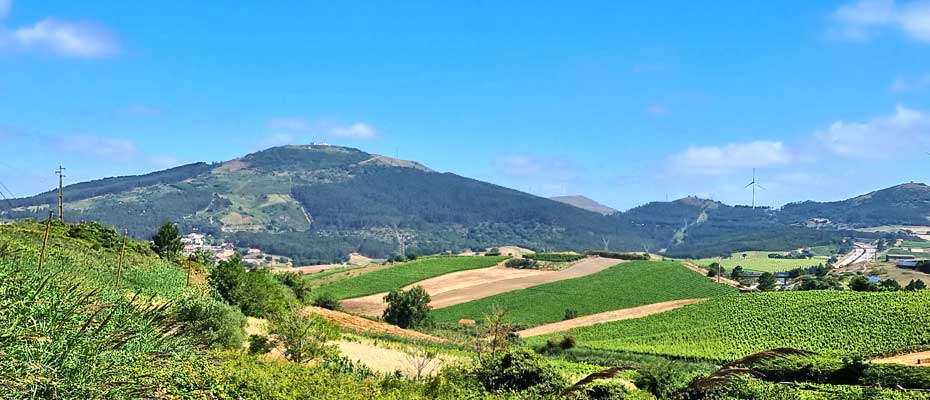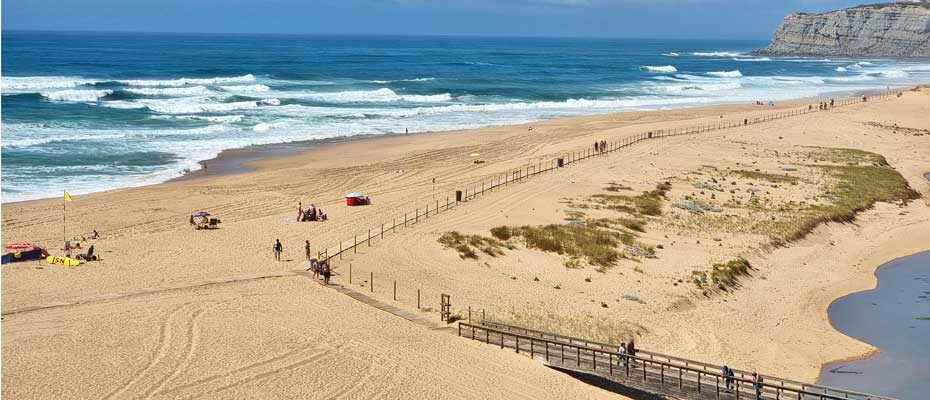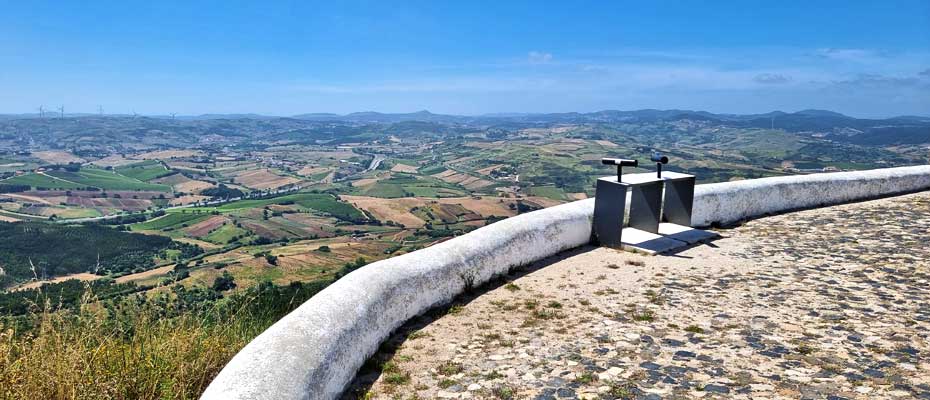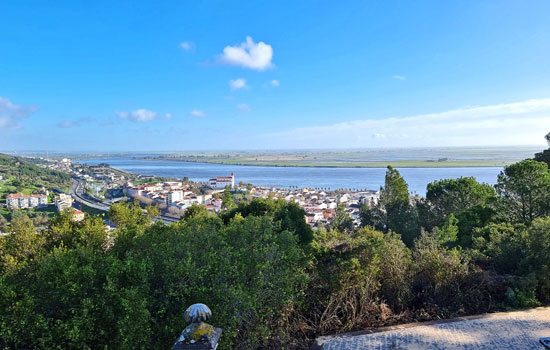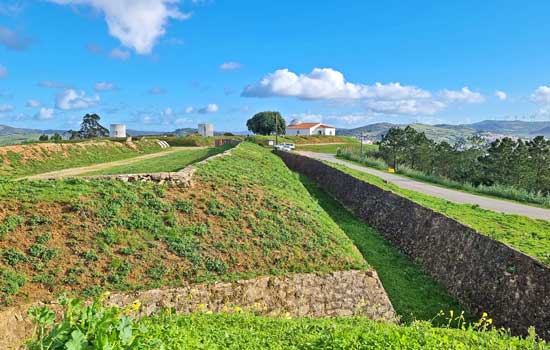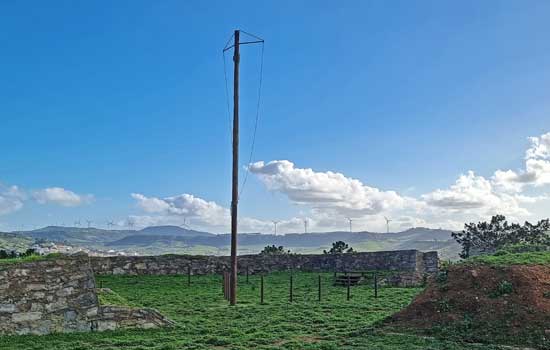WELLINGTON TOURS IN LISBON |
The Peninsular War in Portugal 1807 - 1811
As part of the so-called Napoleonic Wars, the Peninsular War took place on the Iberian Peninsula between 1807 and 1814, also known in Portugal as the French Invasions and in Spain as the War of Spanish Independence....
During the Peninsular War, the British army and its commander Arthur Wellesley, the future Duke of Wellington, were instrumental in defeating Napoleon's armies in Portugal, Spain and France, which led to the Emperor's abdication in April 1814.
Portugal was first invaded in 1807 by joint French and Spanish forces and 7 years later Napoleon's army was defeated by a military alliance of England, Portugal and Spain. As with other episodes in the Napoleonic wars, the story of the events unfolded in a dizzying, zigzag and unpredictable way.
Portugal was the scene of the greatest turning point in the history of the Peninsular War, when in the third invasion the troops of the Grande Armée commanded by the renowned General Massema, Napoleon's favorite, were surprised by a natural obstacle made by Wellington into a gigantic military fortress, impassable and impregnable, the Defensive Lines of Torres Vedras.
The scenic countryside of the rolling hills north of Lisbon was the scene of Wellington's famous Defensive Lines of Torres Vedras, but it was also the site of two battles in 1807, Vimeiro and Roliça, won by Wellington during the first invasion commanded by Junot.
Two hundred years after the end of the Peninsular War, its history can be revisited in a mix of historic and scenic tourism.The places where it all happened are there and have been the subject of archaeological recovery and a rigorously documented exhibition. Museums and interpretation centers have been created. They are the stage for re-enactments of historical events and performances.
Everything here is ready to be visited by lovers of history and beautiful landscapes, by admirers of the Duke of Wellington or scholars of the Napoleonic wars, and by those who travel in search of original and enriching experiences unknown to mass tourism.
History of Wellington's presence in Portugal
On November 21, 1805, Napoleon decided to declare the Continental Blockade, after his ambitious war plans having been frustrated by the defeat of the Franco-Spanish armada in the naval battle of Trafalgar a month earlier. Disgruntled by Portugal's vacillating position, Napoleon sent his glorious armies to invade the country, with Spain's prior consent. From 1807 to 18011 three invasions took place, during which Arthur Wellesley, later Duke of Wellington, ...was present in Portugal as part of the English aid to the Portuguese crown and later to the Spanish insurrection against the French.
During the military campaign in Portugal, Wellington adopted a defensive strategy in which he integrated the construction of the Lines of Torres Vedras (in a short time and complete secrecy), the scorched earth policy, the support of the militias in cutting the lines of communication of the enemy armies and the ability to lure them into favorable positions for battle. This strategy led to a huge drain on the French armies of the third invasion commanded by Massena and to their flight and subsequent relentless persecution in Portugal, Spain and France.
Learning about Wellington's presence in Portugal leads you to discover fantastic places and landscapes of great historical and scenic value, unknown to mass tourism.
Come and discover Portugal and travel through its history!
Itineraries to explore Wellington's Defensive Lines, Routes and Battlefields during the Peninsular War in Portugal - 1808/1811 | ||
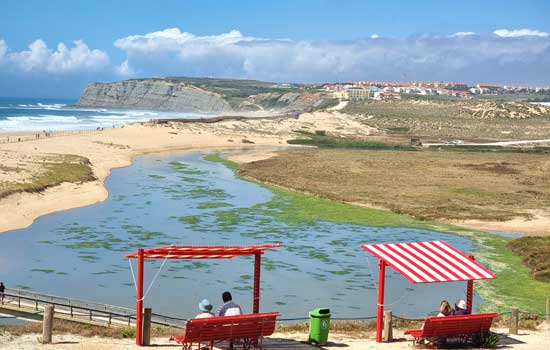 | 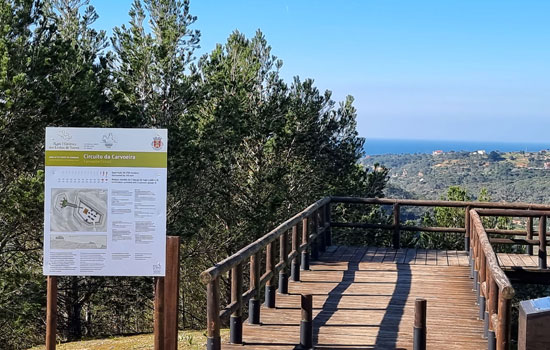 | 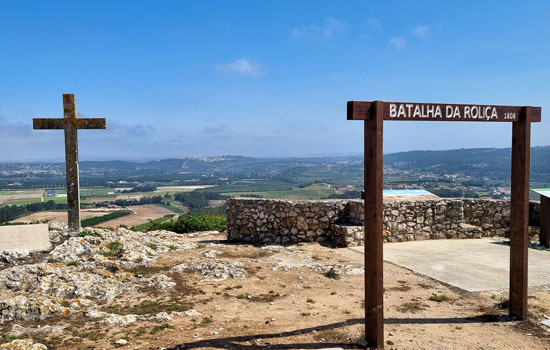 |
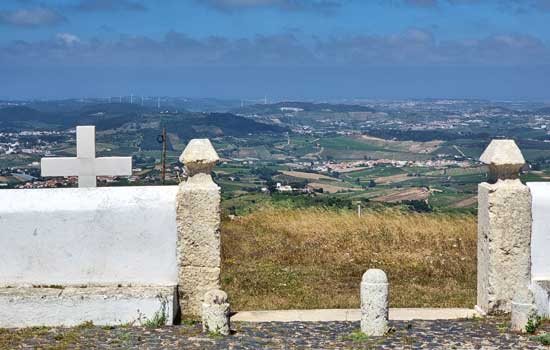 | 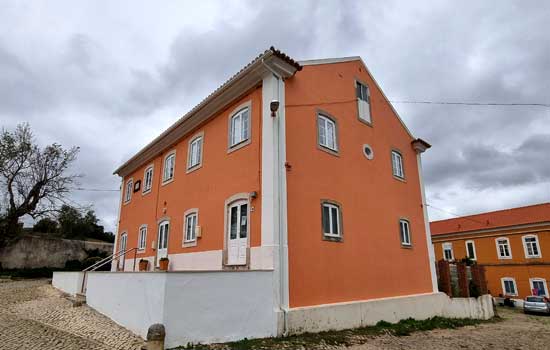 | 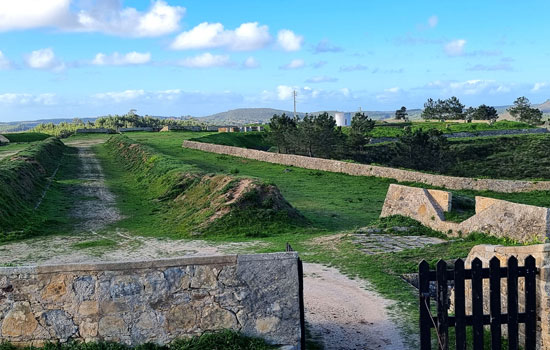 |
Itineraries and trips about the Duke of Wellington's military campaign in Portugal during the Peninsular War Wellington's itineraries in Portugal during the Peninsular War are varied. Places like Porto, Elvas, Évora, Bussaco, Almeida or Lisbon and its surroundings tell us about Wellington's presence in Portugal. Visit to The Defensive Lines of Wellington in Portugal - Lisbon | Alhandra – Tejo River 1st Fort and Memorial | Mafra - Zambujal Fort | Mafra - Monumental Palace/Basilic/Convent | Torres Vedras – Interpretation Center and Main St. Vicent Fort | Serra do Socorro – Main Station of the Lines Semaphoric System | Mouth of Sisandro River - atlantic end of the first line | Wellington House and headquarters | Vimeiro Interpretation center about the Vimeiro battle | Serra da Roliça viewpoint over the Roliça battlefield | Sobral de Monte Agraço - Interpretation Center and Main Fort of Alqueidão | Almeida Stronghold | Serra do Bussaco | Elvas Fortifications | | ||
Wellington vs Napoleon - the Peninsular War in Portugal 1807 - 1811
As part of the so-called Napoleonic Wars, the Peninsular War took place on the Iberian Peninsula between 1807 and 1814, also known in Portugal as the French Invasions and in Spain as the War of Spanish Independence....
During the Peninsular War, the British army and its commander Arthur Wellesley, the future Duke of Wellington, were instrumental in defeating Napoleon's armies in Portugal, Spain and France, which led to the Emperor's abdication in April 1814.
Portugal was first invaded in 1807 by joint French and Spanish forces and 7 years later Napoleon's army was defeated by a military alliance of England, Portugal and Spain. As with other episodes in the Napoleonic wars, the story of the events unfolded in a dizzying, zigzag and unpredictable way.
Portugal was the scene of the greatest turning point in the history of the Peninsular War, when in the third invasion the troops of the Grande Armée commanded by the renowned General Massema, Napoleon's favorite, were surprised by a natural obstacle made by Wellington into a gigantic military fortress, impassable and impregnable, the Defensive Lines of Torres Vedras.
The scenic countryside of the rolling hills north of Lisbon was the scene of Wellington's famous Defensive Lines of Torres Vedras, but it was also the site of two battles in 1807, Vimeiro and Roliça, won by Wellington during the first invasion commanded by Junot.
Two hundred years after the end of the Peninsular War, its history can be revisited in a mix of historic and scenic tourism.The places where it all happened are there and have been the subject of archaeological recovery and a rigorously documented exhibition. Museums and interpretation centers have been created. They are the stage for re-enactments of historical events and performances.
Everything here is ready to be visited by lovers of history and beautiful landscapes, by admirers of the Duke of Wellington or scholars of the Napoleonic wars, and by those who travel in search of original and enriching experiences unknown to mass tourism.

